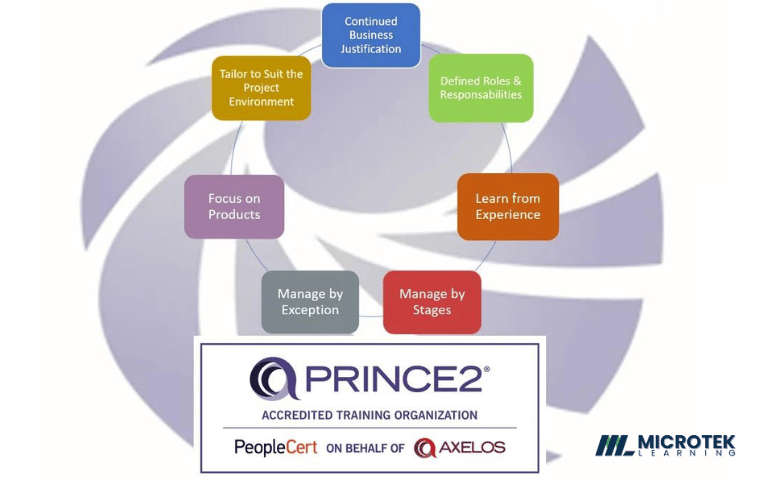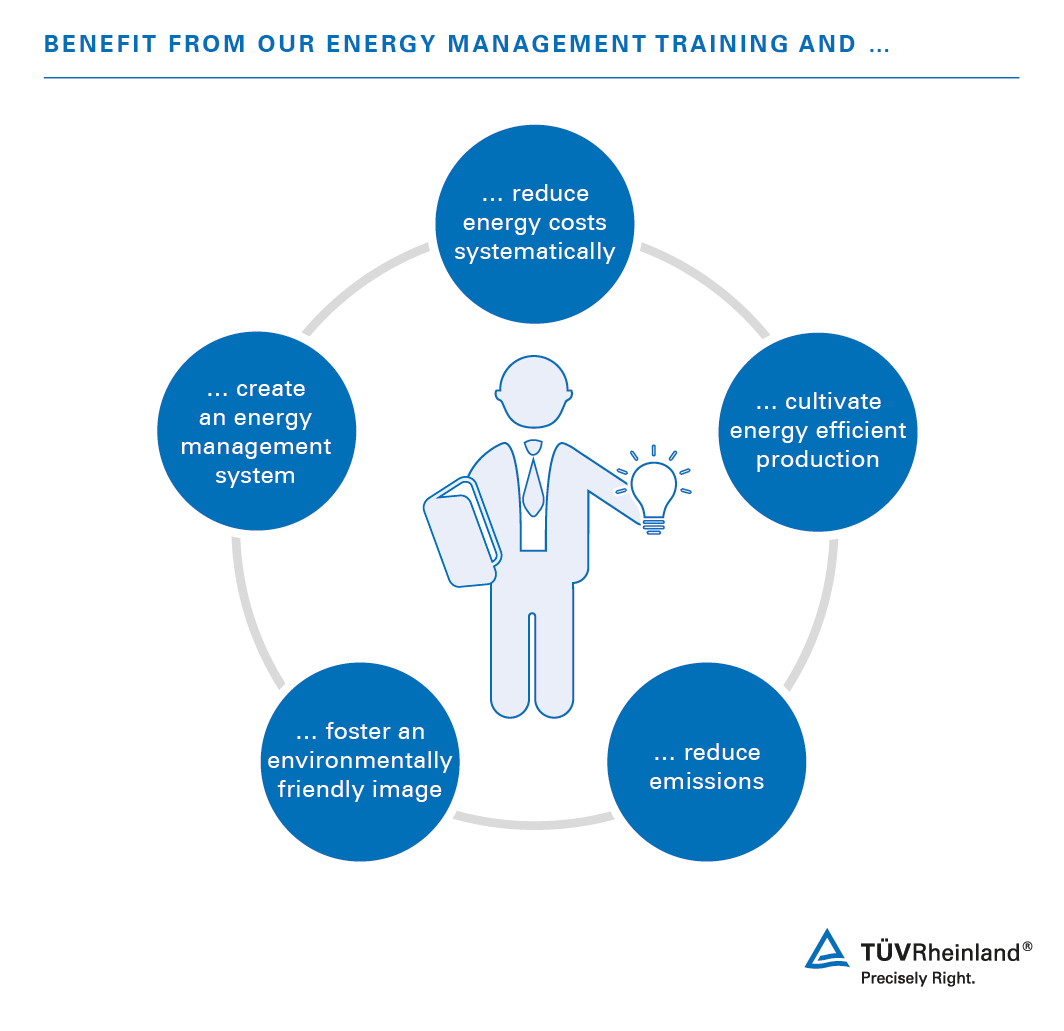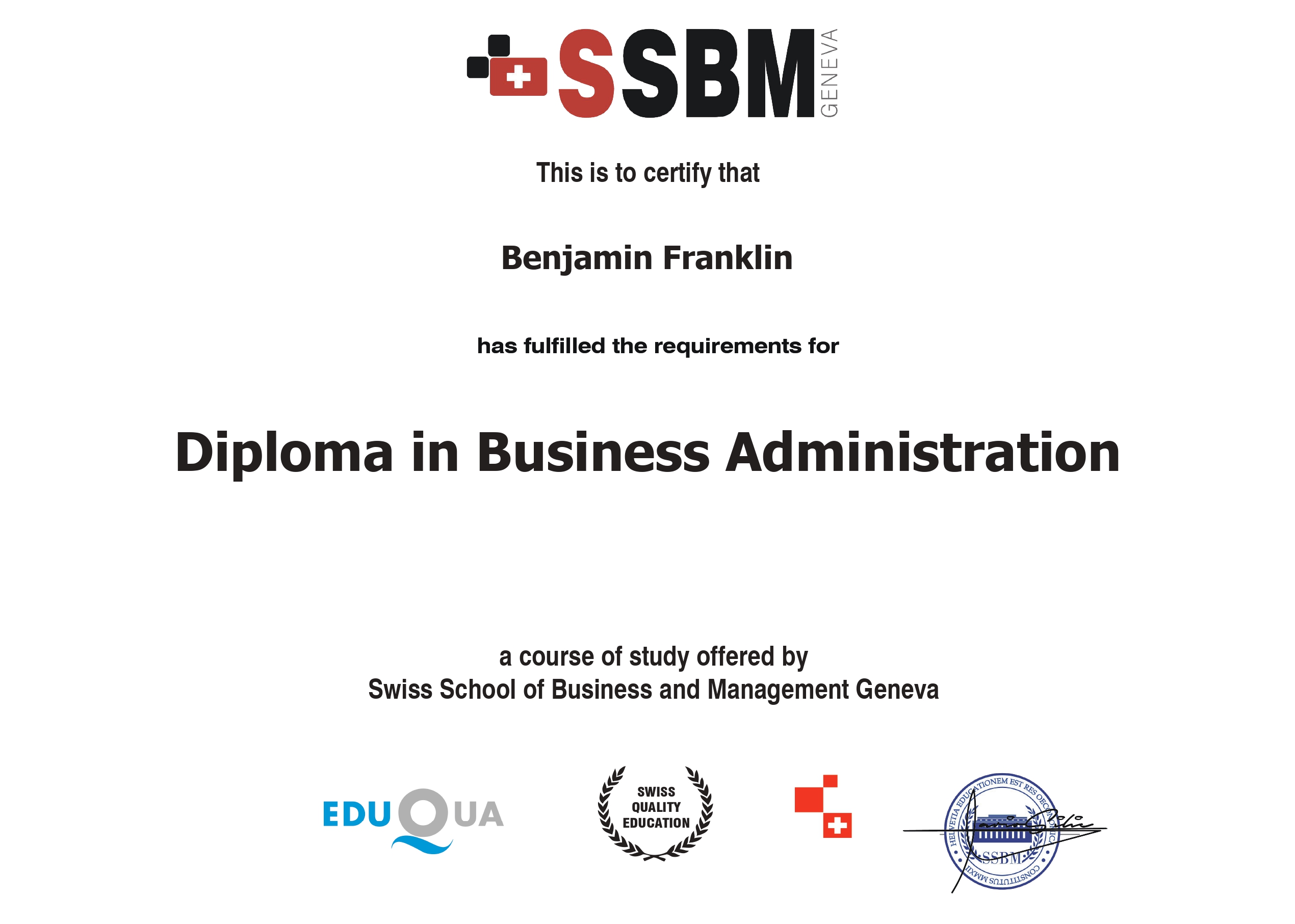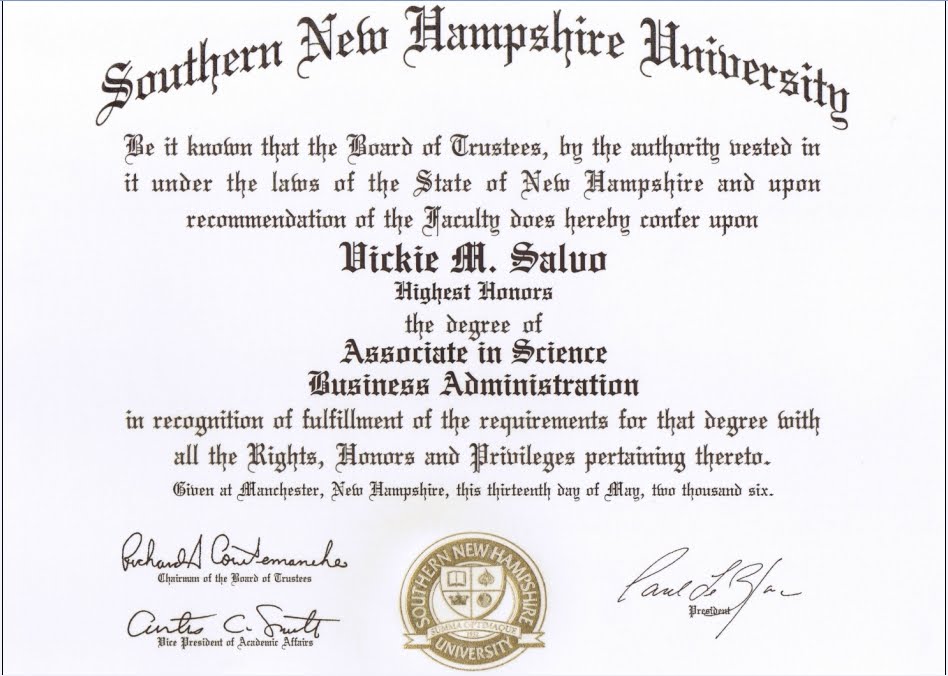How to Become a School Administrator Training: Expert Guide
Are you ready to take your career in education to the next level? Becoming a school administrator might be the perfect step for you.
Imagine having the ability to shape the educational environment, influence school policies, and make a lasting impact on both teachers and students. This role is not just about moving up the career ladder; it’s about making a meaningful difference. But how do you get there?
What kind of training do you need to ensure you’re prepared for the challenges and responsibilities that come with this crucial position? By the end of this guide, you’ll have a clear roadmap to becoming a successful school administrator, equipped with the necessary skills and knowledge to thrive. Keep reading to discover the steps you need to take to transform your aspirations into reality.
Roles And Responsibilities
Becoming a school administrator requires understanding various roles and responsibilities. These roles are crucial for the smooth operation of educational institutions. Administrators ensure that both students and staff thrive in a supportive environment. Their responsibilities are varied and demand a diverse skill set.
Daily Tasks
School administrators manage many daily tasks to keep the school running. They oversee attendance records and manage school budgets. Administrators also handle scheduling and staff meetings. They ensure classrooms have necessary supplies and address student issues promptly. This requires strong organizational skills and attention to detail.
Leadership Duties
Leadership is a key part of a school administrator’s role. They set educational goals and implement policies. Administrators lead by example and inspire their staff. They evaluate teacher performance and provide feedback. This helps maintain high teaching standards. They also coordinate professional development for teachers. Effective leadership fosters a positive school culture.
Communication Skills
Strong communication skills are essential for school administrators. They communicate with teachers, parents, and students regularly. This involves listening and responding effectively. Clear communication ensures everyone understands school policies and goals. Administrators also manage conflicts and resolve issues diplomatically. Good communication builds trust within the school community.
Educational Pathways
Choosing the right educational pathway is crucial for aspiring school administrators. This journey involves structured learning, dedication, and passion for education. Understanding each step helps in planning a successful career in school administration.
Bachelor’s Degree Requirements
A bachelor’s degree is the first step in becoming a school administrator. Most candidates pursue degrees in education or related fields. This foundation provides essential knowledge about teaching and learning processes. Some schools offer specialized programs for aspiring administrators. These programs include courses on leadership and management in education.
Master’s Programs
A master’s degree is often required for higher administrative roles. Programs focus on educational leadership, policy, and school management. Coursework includes human resources, curriculum development, and educational law. Practical experience through internships or fieldwork is often part of the program. This hands-on experience is valuable for future roles.
Doctoral Studies Options
Doctoral studies are for those pursuing advanced leadership roles. Options include Doctor of Education (Ed.D) and Ph.D. programs. These programs delve deeper into educational theories and practices. Research is a significant component, allowing students to contribute to the field. Completing a doctoral program can lead to roles in policy-making or academia.
Certification And Licensing
Aspiring school administrators often pursue certification and licensing through specialized training programs. These programs cover educational leadership, management skills, and policy understanding. Completing these requirements ensures readiness for administrative roles in schools.
Becoming a school administrator requires more than just leadership skills and a passion for education. Certification and licensing are crucial steps in this journey. These credentials ensure you meet the standards needed to guide schools effectively. Understanding the different requirements and processes can help you navigate this path smoothly.
State Requirements
Each state has its own specific requirements for school administrator certification. Some states demand a master’s degree in education, while others might require additional coursework. Check your state’s education department website for detailed information. Some states offer provisional licenses, allowing you to gain experience while you complete certification. This can be a great way to start working in the field and learn hands-on. Consider connecting with local educators to learn about their experiences with state licensing.
National Certifications
National certifications can enhance your credentials and open doors to opportunities across the country. Organizations like the National Board for Professional Teaching Standards offer certifications that are recognized nationwide. These certifications often require proof of your teaching effectiveness and leadership skills. Participating in national certification programs can also build your network with other educators and administrators. Have you thought about how a national certification might expand your career options?
Renewal Processes
Certification renewal is an essential part of maintaining your credentials. Most states require school administrators to renew their licenses every few years. This usually involves continuing education and professional development courses. It’s vital to keep track of your renewal deadlines to avoid lapses in certification. Consider setting reminders or using a planner to manage these dates. Are you prepared to meet the continuing education requirements in your state? Navigating certification and licensing can seem daunting, but breaking it down into manageable steps makes it achievable. Dive into the details, reach out to professionals for advice, and stay organized. Your future as a school administrator depends on it!
Skills For Success
Becoming a school administrator requires a unique blend of skills. These skills are essential to lead effectively, resolve conflicts, and make impactful decisions. Whether you’re considering this career path or already on it, honing these skills can set you on a path to success.
Leadership Qualities
Strong leadership qualities are crucial for school administrators. You must inspire teachers, students, and staff to achieve their best. Cultivate a vision for the school and communicate it clearly.
Reflect on your experiences where leadership made a difference. Did a mentor’s encouragement push you to excel? Model this behavior to motivate others.
Leadership isn’t just about being in charge; it’s about fostering a positive environment. How can you lead in a way that encourages growth and collaboration?
Conflict Resolution
Handling conflicts efficiently is a vital skill for administrators. Schools are diverse communities where disagreements arise. Your ability to mediate and find solutions is key.
Consider a time you turned a challenging situation into a learning opportunity. What strategies did you use to calm tensions and reach a resolution?
Effective conflict resolution involves listening and empathy. How can you ensure every voice is heard and respected in your school?
Decision-making Abilities
Every decision you make impacts the school community. Your choices must be informed, timely, and beneficial. This requires critical thinking and the ability to evaluate options.
Recall a moment when a tough decision led to positive change. What factors influenced your decision, and how did you communicate it to others?
Decisions shape the future of the school. Are you prepared to make choices that align with your school’s vision and goals?
Developing these skills can transform your journey as a school administrator. Practice them regularly and seek feedback to improve. Your success depends not only on what you know but also on how you apply it.
Training Programs
Embarking on the journey to become a school administrator is both exciting and challenging. Training programs play a crucial role in equipping you with the skills and knowledge necessary for this leadership role. These programs are designed to prepare you for the multifaceted responsibilities of school administration. They offer various learning formats to suit your schedule and learning style.
Workshops And Seminars
Workshops and seminars provide hands-on learning experiences. They allow you to dive deep into specific topics like school finance, curriculum development, and leadership strategies.
Attending these events offers you the chance to network with experienced professionals. You gain insights from real-life scenarios that you can apply in your future role.
Reflect on a time you learned something valuable in a workshop. Did it change your perspective on school management? Such experiences can be eye-opening.
Online Courses
Online courses offer flexibility and convenience, allowing you to learn at your own pace. They cover various aspects of school administration, from policy analysis to educational law.
Platforms like Coursera and edX provide numerous courses taught by experts in the field. You can balance your current commitments while advancing your education.
Consider how an online course might fit into your schedule. Would it help you develop skills you need for your career advancement?
Internships And Practical Experience
Internships offer invaluable practical experience. They immerse you in the daily activities of school administration, helping you understand the practical challenges you will face.
Engage with mentors who can guide you through complex situations. Learning directly from professionals sharpens your problem-solving skills.
Have you ever thought about how real-world experience can complement your theoretical knowledge? It’s a chance to see how concepts apply in everyday school settings.
Training programs are your stepping stone to becoming a skilled school administrator. Choose the format that suits your needs and prepares you for the rewarding journey ahead. Are you ready to take the next step in your career?

Networking And Professional Development
Networking and professional development are crucial for aspiring school administrators. These elements help build connections and enhance skills. They open doors to new opportunities and provide insights into educational leadership. Embracing these avenues can significantly impact career growth.
Joining Professional Organizations
Professional organizations offer valuable resources and support. Members gain access to workshops and seminars. These events focus on leadership and management skills. They also provide platforms for sharing ideas and best practices. Joining such groups connects you with experienced administrators.
Attending Conferences
Conferences are excellent for meeting industry leaders. They showcase new strategies and educational trends. Participants can attend sessions led by experts. These events often include panel discussions and networking opportunities. Engaging in these activities can broaden your perspective and inspire innovation.
Mentorship Opportunities
Mentorship is a powerful tool for growth. Experienced mentors offer guidance and support. They share their knowledge and experiences. This relationship can help navigate challenges in school administration. Mentors provide valuable feedback and encourage personal development.
Career Advancement Opportunities
Becoming a school administrator opens doors to various career paths. These roles offer opportunities to grow professionally and personally. The education sector values leaders who can inspire and manage effectively. Explore diverse paths to advance in this fulfilling field.
Climbing The Ladder
Starting as a teacher or counselor helps build foundational skills. Experience in these roles is crucial for understanding school operations. Aspiring administrators should seek opportunities for leadership roles. Volunteering for committees and leading projects can enhance your profile. Pursue advanced degrees and certifications to strengthen your credentials.
Specialized Roles
School administration offers various specialized roles. Positions like curriculum coordinator or special education director require unique skills. These roles need expertise in specific areas of education. Specializing can make you a valuable asset to any educational institution. It also allows you to focus on your interests within education.
Transitioning To Higher Education
Some school administrators transition to higher education roles. Positions in colleges or universities offer different challenges and rewards. These roles often involve managing larger teams and more complex systems. Experience in school administration is valuable for these positions. Pursuing further education can ease the transition to higher education roles.
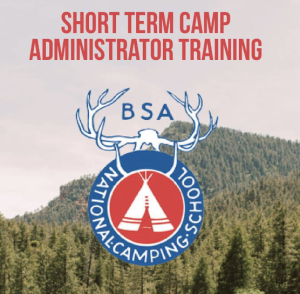
Frequently Asked Questions
What Qualifications Are Needed To Become A School Administrator?
To become a school administrator, you typically need a master’s degree in education administration or leadership. Relevant work experience in teaching or educational leadership is also essential. Certification or licensure may be required, depending on the state or region. Continuous professional development is also beneficial for career advancement.
How Long Does School Administrator Training Take?
The duration of school administrator training varies but generally takes about two years. This includes completing a master’s degree program and any required certification or licensure processes. Additional time may be needed for gaining relevant work experience or engaging in professional development activities.
What Skills Are Essential For School Administrators?
School administrators need strong leadership, communication, and organizational skills. They must be adept at problem-solving and decision-making. Understanding educational policies and regulations is crucial. Interpersonal skills are vital for working effectively with teachers, parents, and students. Technology proficiency is increasingly important in modern educational environments.
Can Teachers Transition To School Administrators?
Yes, teachers can transition to school administrators with additional training and qualifications. A master’s degree in education administration is often required. Relevant leadership experience within the school environment is beneficial. Teachers should also seek opportunities for professional development and networking to facilitate their career transition.
Conclusion
Becoming a school administrator requires dedication and proper training. Start by gaining relevant experience in education. Pursue advanced degrees like a master’s in educational leadership. These steps open doors to administrative roles. Networking with professionals can provide valuable insights. Stay informed about the latest educational trends.
Embrace technology to enhance skills and efficiency. Develop strong communication and leadership abilities. These are essential for effective school management. Remember, persistence and passion are key. With these, you can succeed in your journey. Your efforts can make a difference in students’ lives.
Begin this rewarding career path today.





